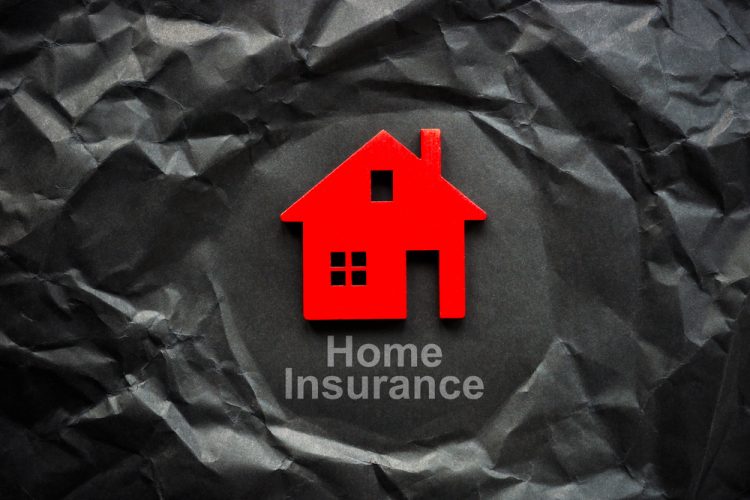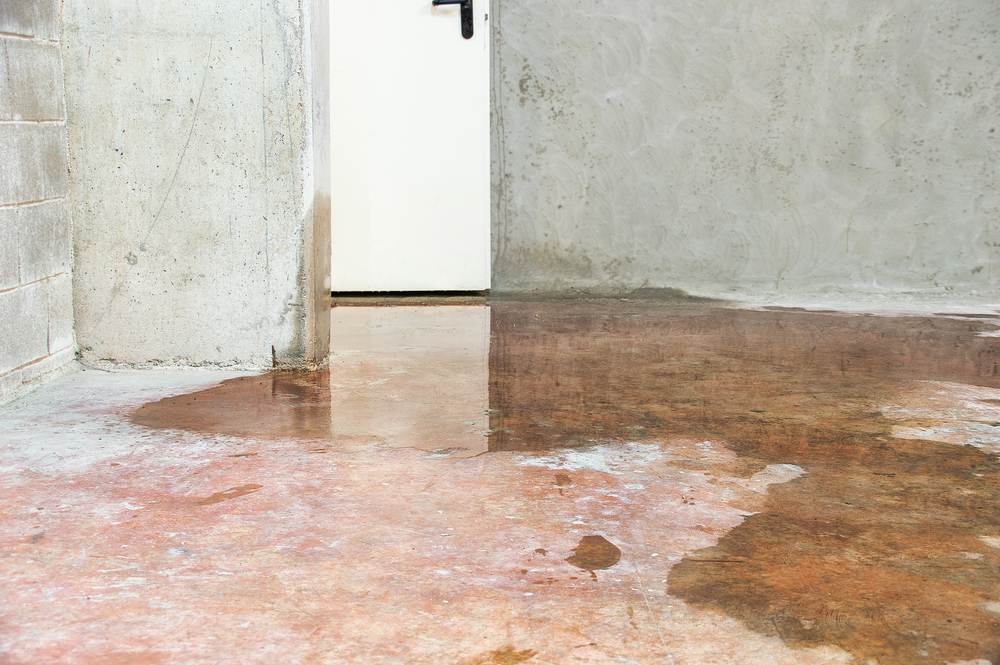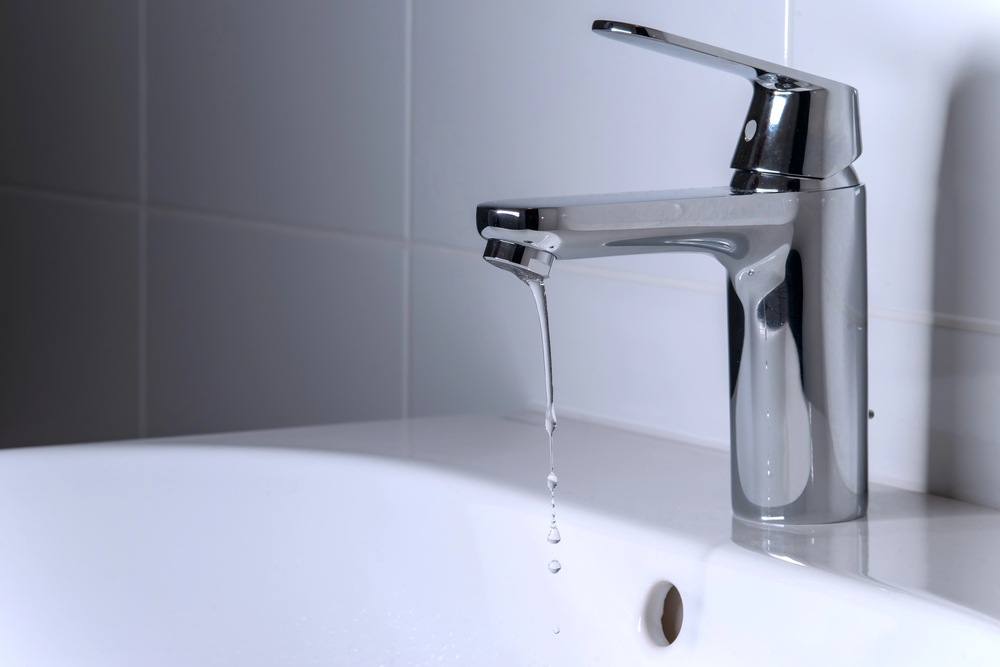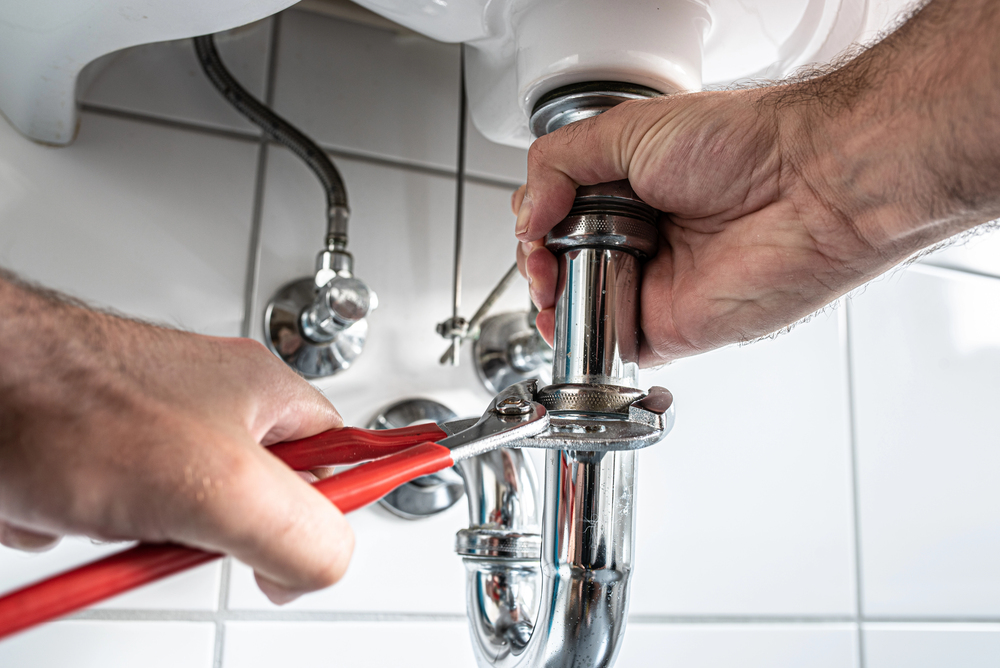Water backs up in your sink, a pipe bursts unexpectedly, or your toilet overflows, causing a messy situation that demands immediate attention and raises a crucial question for homeowners and business owners: Does home insurance cover plumbing repair?
Many property owners assume their insurance policy automatically includes all types of plumbing fixes, but the reality often involves specific conditions and exclusions. Understanding the scope of your coverage can save you significant financial strain and prevent unexpected out-of-pocket expenses when plumbing problems arise. Explore the intricacies of insurance policies and discover what protection they offer against various plumbing mishaps.

Common Plumbing Issues Covered by Insurance
Plumbing failures manifest in various forms, and understanding which scenarios typically fall under insurance coverage proves beneficial for homeowners and business owners. Sudden and accidental events that cause significant damage often trigger insurance payouts. These events generally do not include gradual deterioration or lack of maintenance. Several common plumbing problems may receive coverage:
- Burst Pipes: Freezing temperatures or sudden pressure changes sometimes cause pipes to rupture, leading to substantial water damage inside walls and floors. Insurance policies often cover the repair of the burst pipe and the subsequent damage it causes to the property. This protection aids in restoring normalcy quickly for affected residents and business operations. Prompt action to mitigate further damage remains essential for a successful claim.
- Water Heater Malfunctions: When a water heater suddenly leaks or bursts, it can release a large volume of water, affecting surrounding areas. Insurance policies frequently include coverage for such sudden failures, including the cost of repairing or replacing the damaged water heater and addressing the resulting water damage. Regular inspection and maintenance of water heaters can help prevent such incidents and prolong their lifespan. Homeowners and business owners should familiarize themselves with their policy’s specific terms regarding water heater coverage.
- Appliance Leaks: Dishwashers, washing machines, and refrigerators connected to water lines can unexpectedly leak, causing damage to flooring and nearby structures. Insurance policies may cover the damage resulting from these sudden appliance failures. However, the repair or replacement of the faulty appliance itself might not always be included. Regular checks of appliance connections and hoses can minimize the risk of unexpected leaks and potential property damage.
- Sewer Line Backups: Blockages in sewer lines can cause wastewater to back up into a home or business, leading to unsanitary conditions and property damage. Some insurance policies offer coverage for damage resulting from such backups, especially if the cause is a sudden and accidental obstruction. Understanding the specific coverage for sewer line issues in a policy helps property owners prepare for and address such unpleasant events. Preventative measures, like avoiding flushing inappropriate items, can reduce the likelihood of backups.
When Home Insurance Denies Plumbing Repairs
While home insurance offers protection against many sudden plumbing problems, it does not cover every situation. Certain types of plumbing issues typically fall under the homeowner’s or business owner’s responsibility. Gradual wear and tear, lack of regular maintenance, and pre-existing conditions often lead to claim denials. For instance, a slow, ongoing leak that causes mold growth over time likely will not receive coverage because it signifies a failure to maintain the plumbing system.
Similarly, if an old pipe corrodes and eventually breaks, the insurance company might argue that this resulted from deterioration rather than a sudden accident. Understanding these limitations helps property owners manage their expectations and prioritize preventative maintenance to avoid costly uncovered repairs. Addressing minor plumbing issues promptly can prevent them from escalating into major, uninsured problems.
How to File a Claim for Plumbing Damage
When plumbing damage occurs that you believe your insurance policy should cover, taking prompt and organized steps helps ensure a smoother claim process. Immediately contact your insurance company to report the incident and provide them with a clear and concise description of what happened, including the date and time of the occurrence.
Document the damage thoroughly by taking photographs and videos of the affected areas before any cleanup or repairs begin, as this visual evidence will support your claim. If possible, take steps to prevent further damage, such as turning off the water supply to the affected area, but avoid making permanent repairs until the insurance adjuster has had an opportunity to assess the situation.
Keep detailed records of all communication with your insurance company, including names of representatives, dates of contact, and any reference numbers assigned to your claim. Cooperate fully with the insurance adjuster who comes to inspect the damage, providing them with all the information they request and answering their questions honestly and completely.
Obtain estimates from licensed and reputable plumbers for the necessary repairs, and submit these estimates to your insurance company for their review and approval. Following these steps diligently increases the likelihood of a fair and efficient resolution to your plumbing damage claim.
Preventive Measures to Avoid Plumbing Problems
Proactive maintenance of your plumbing system represents a wise investment for homeowners and business owners, helping to prevent costly repairs and inconvenient disruptions. Regular inspections can identify minor issues before they escalate into major problems that could lead to significant damage and potential insurance claims. Implementing simple preventative practices can extend the lifespan of your plumbing and minimize the risk of unexpected failures:
- Regular Inspections: Schedule routine checks of your plumbing fixtures, pipes, and appliances to identify any early signs of leaks, corrosion, or other potential problems. Examine faucets and showerheads for drips, check under sinks for moisture, and inspect exposed pipes for any evidence of rust or damage. Pay attention to changes in water pressure or unusual noises coming from your plumbing system, as these can indicate underlying issues that require attention.
Early detection allows for timely repairs, preventing minor problems from turning into costly emergencies that might not be covered by insurance. Consider having a professional plumber conduct a comprehensive inspection of your plumbing system at least once a year to ensure everything is functioning correctly and identify any hidden issues.
- Proper Drain Care: Be mindful of what goes down your drains to prevent clogs that can lead to backups and potential damage. Avoid flushing items like grease, hair, feminine hygiene products, and paper towels down toilets or drains, as these materials can accumulate and cause blockages in your plumbing system. Install drain strainers in sinks and showers to catch hair and food particles, preventing them from entering and clogging the pipes.
Periodically flush drains with hot water to help clear minor buildup and maintain free flow. Consider using enzymatic drain cleaners periodically as a preventative measure to break down organic matter that can contribute to clogs, but avoid harsh chemical drain openers that can damage your pipes over time.
- Winterization: Take necessary precautions during cold weather to prevent pipes from freezing and potentially bursting, which can cause extensive water damage. Insulate exposed pipes in unheated areas like basements, crawl spaces, and garages to protect them from freezing temperatures. Allow faucets to drip slightly during periods of extreme cold to keep water moving through the pipes and reduce the risk of freezing.
Know the location of your main water shut-off valve so you can quickly turn off the water supply in case a pipe freezes or bursts. Consider installing frost-proof outdoor faucets to prevent freezing and damage to exterior plumbing fixtures. These winterization steps can save you from significant repair costs and the inconvenience of dealing with burst pipes and water damage.
- Water Pressure Management: High water pressure can put unnecessary strain on your plumbing system, leading to leaks, premature wear and tear on fixtures, and even burst pipes. Consider installing a water pressure regulator to ensure that the water pressure entering your home or business remains within a safe and recommended range. You can purchase a water pressure gauge at most hardware stores to check your current water pressure.
If you notice significant fluctuations or consistently high pressure, have a plumber inspect your system and install a regulator if necessary. Maintaining appropriate water pressure not only helps prevent plumbing problems but can also conserve water and reduce your utility bills over time.
Understanding Water Damage vs. Plumbing Failures
Homeowners and business owners need to distinguish between water damage resulting from sudden plumbing failures and damage that develops over time due to other factors. Insurance policies typically differentiate between these two types of incidents when determining coverage. Water damage that occurs abruptly due to a burst pipe, a malfunctioning water heater, or a sudden appliance leak often falls under the scope of insurance coverage, as these events are generally considered accidental and unforeseen.
In contrast, water damage that results from gradual issues like a slow, persistent leak around a shower or under a sink, which eventually leads to mold growth or structural deterioration, is less likely to be covered. Insurance companies often view this type of damage as a consequence of inadequate maintenance or a pre-existing condition that the property owner should have addressed. Similarly, flooding from external sources, such as heavy rainfall or overflowing rivers, is typically covered under a separate flood insurance policy rather than standard homeowner’s or business owner’s insurance.
Recognizing the distinction between sudden plumbing failures and other forms of water damage helps property owners understand the limitations of their insurance coverage and the importance of both preventative maintenance and appropriate flood insurance if their property is in a high-risk area.
Does Insurance Cover Sewer Line Repairs?
Coverage for sewer line repairs can vary significantly depending on the specific terms and conditions of your insurance policy. Standard homeowner’s or business owner’s insurance policies may offer limited coverage for damage caused by a sudden and accidental sewer line backup within the property itself. This coverage typically focuses on the remediation of the resulting damage inside the building, such as cleaning and repairing affected flooring and walls.
However, many standard policies do not automatically include coverage for the repair or replacement of the sewer line itself, especially if the damage occurs outside the property’s foundation or is due to gradual deterioration, tree root intrusion, or other maintenance-related issues.
Homeowners and business owners who want more comprehensive protection for their sewer lines can often purchase a separate sewer line endorsement or rider to their existing policy. This additional coverage can help with the costs of repairing or replacing damaged sewer lines due to various causes, up to the limits specified in the endorsement. Reviewing your insurance policy carefully and discussing your specific needs with your insurance provider will help you understand the extent of your sewer line coverage and determine if additional protection is advisable for your property.
How to Check Your Policy for Plumbing Coverage
Thoroughly reviewing your insurance policy documents represents the most direct way to understand the extent of your plumbing coverage and any associated limitations or exclusions. Locate the sections of your policy that address water damage, plumbing failures, and covered perils. Pay close attention to the definitions of terms like “sudden and accidental” damage, as these definitions often dictate whether a particular plumbing issue will receive coverage.
Examine the exclusions section of your policy. This section will specifically list the types of water damage or plumbing problems that the policy does not cover, such as damage resulting from lack of maintenance, gradual deterioration, or certain pre-existing conditions. Check for any specific endorsements or riders related to plumbing, such as sewer line coverage or water backup protection, as these add-ons provide broader coverage for specific plumbing-related incidents.
If you find the policy language confusing or have specific questions about your plumbing coverage, do not hesitate to contact your insurance agent or company representative for clarification. They can help you interpret the terms of your policy and understand your coverage limits and deductibles for different types of plumbing-related claims. Keeping your insurance policy documents readily accessible and reviewing them periodically ensures that you have a clear understanding of your protection in the event of a plumbing emergency.
Z PLUMBERZ: Your Trusted Plumbing Experts in Livonia
Need quality plumbing services for your home or business? At Z PLUMBERZ, we deliver exceptional plumbing solutions tailored to your specific needs throughout the Livonia area. Our team of certified plumbers expertly handles everything from minor leaks and stubborn clogs to complex pipe replacements and new fixture installations, ensuring your plumbing system operates flawlessly.
Choose the best plumber in Livonia for reliable, efficient, and lasting plumbing services that provide you with peace of mind. Contact Z PLUMBERZ today and experience unparalleled professionalism and dedication to customer satisfaction.
Additional benefits of partnering with us include
-

24/7 Emergency Services, Paperless Communication
-

Reduced Rates and Preferred Pricing
-

Preventative Maintenance Scheduling
-

Online Scheduling and Account Management


